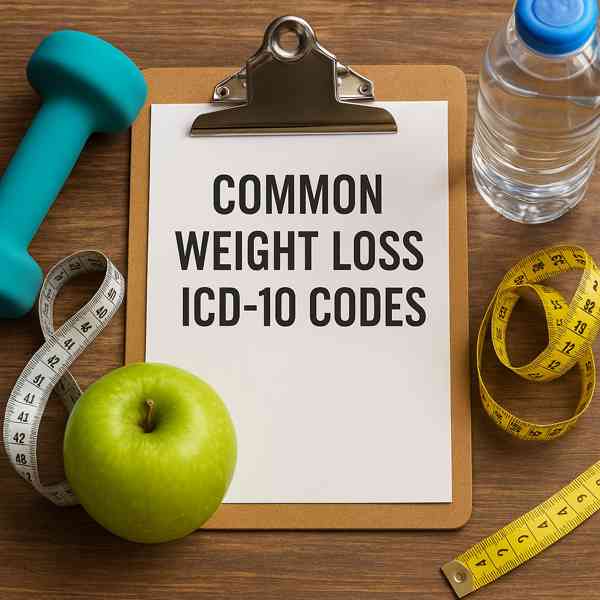Accurate ICD-10 Coding for Weight Loss
Accurate ICD-10 Coding for Weight Loss
Blog Article

Whether you’re a medical professional, billing specialist, or patient navigating claims, understanding weight loss ICD-10 codes is key.
In this article, we’ll break down what ICD-10 codes are used for weight loss, how to apply them, and what you should know for accurate recordkeeping.
ICD-10 Basics Explained
ICD-10 stands for the International Classification of Diseases, 10th Revision.
Each diagnosis is assigned a unique code, which is used for:
- Insurance billing and reimbursement
- Tracking public health trends
- Clinical documentation
ICD-10 Codes for Weight Loss
Weight loss can be intentional or unintentional — and each situation has a specific ICD-10 code.
Key codes include:
- R63.4 – Abnormal Weight Loss
This code applies when a patient loses a significant amount of weight without trying, often due website to illness.
- Used when weight loss is guided by professional support
Often applied in cases involving nutritional intervention or guidance.
- Indicates poor nutrition or unhealthy patterns impacting weight
- E66.9 – Obesity, Unspecified
- E43 – Unspecified Severe Protein-Calorie Malnutrition
When to Use R63.4 for Weight Loss
Use R63.4 when:
- There is no intentional diet or fitness program involved
- A known condition doesn’t fully explain the weight change
- Additional testing is required to rule out causes
Avoiding Mistakes in Documentation
To avoid claim denials or coding errors:
- Always specify if weight loss is intentional or not
- Include context like depression, cancer, or malabsorption
- Use supplemental Z-codes for counseling or screenings
- Be sure they make sense in context
Coding for Counseling and Support Services
If you’re coding for a structured weight loss program or health coaching, consider using these Z-codes:
- For nutrition-based support
- Z76.89 – Person Encountering Health Services for Other Reasons
- Used in early evaluation settings
These codes can support insurance claims for wellness, prevention, and obesity treatment plans.
Final Thoughts on Weight Loss ICD-10 Codes
Whether you’re coding for unintentional weight loss or part of a managed care plan, accuracy matters.
To summarize:
- Most common diagnosis for unknown causes
- Z-codes = Counseling, prevention, and health maintenance
- Use when weight loss is tied to illness
Always consult coding guidelines and payer policies when applying ICD-10 codes. Report this page